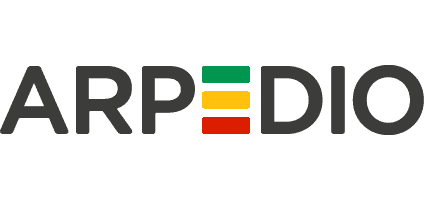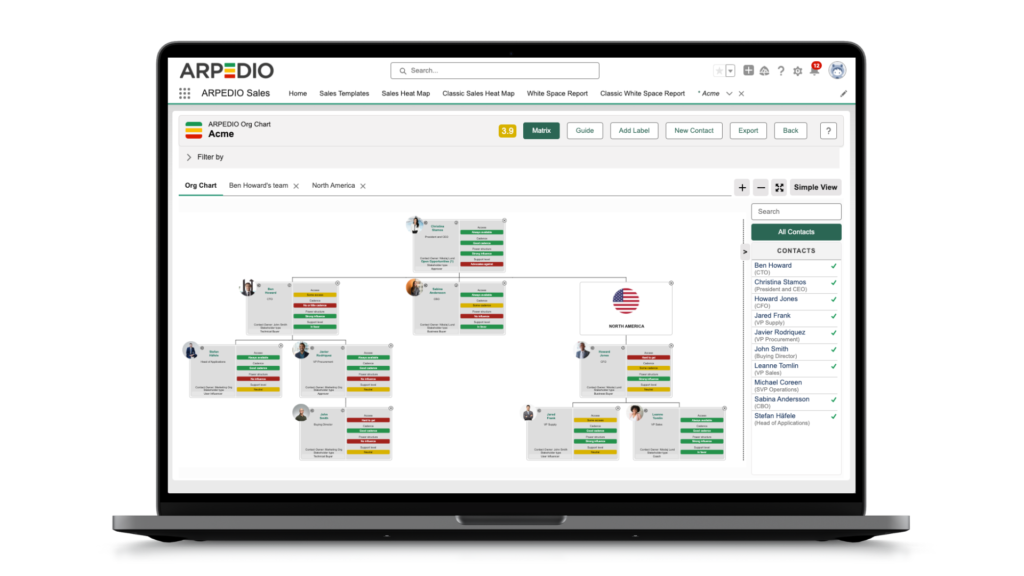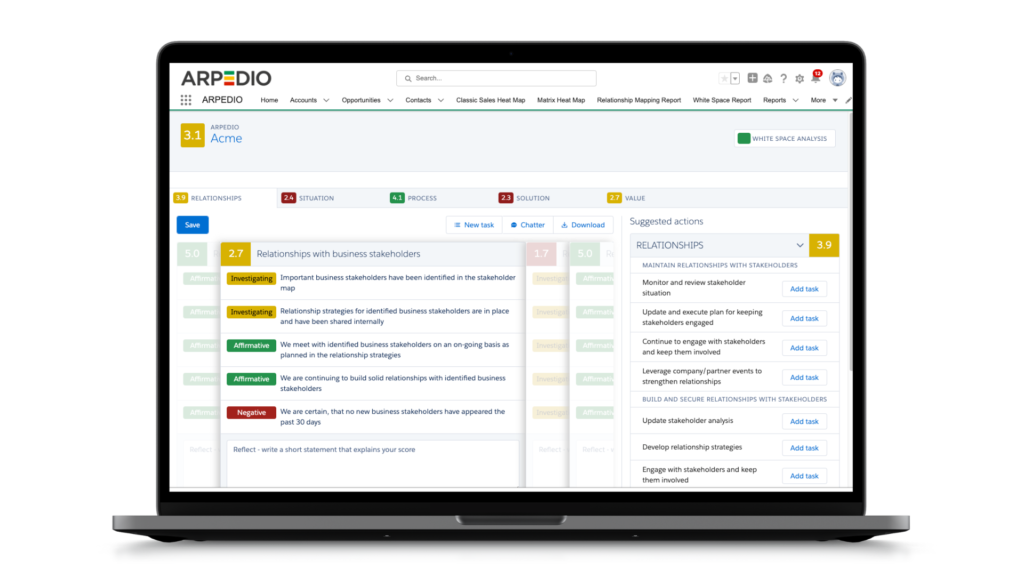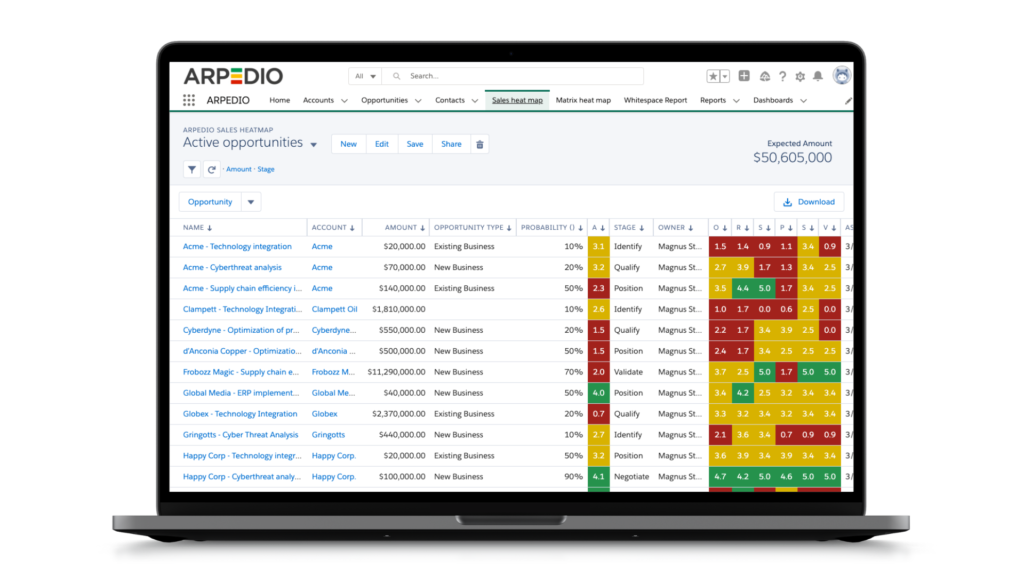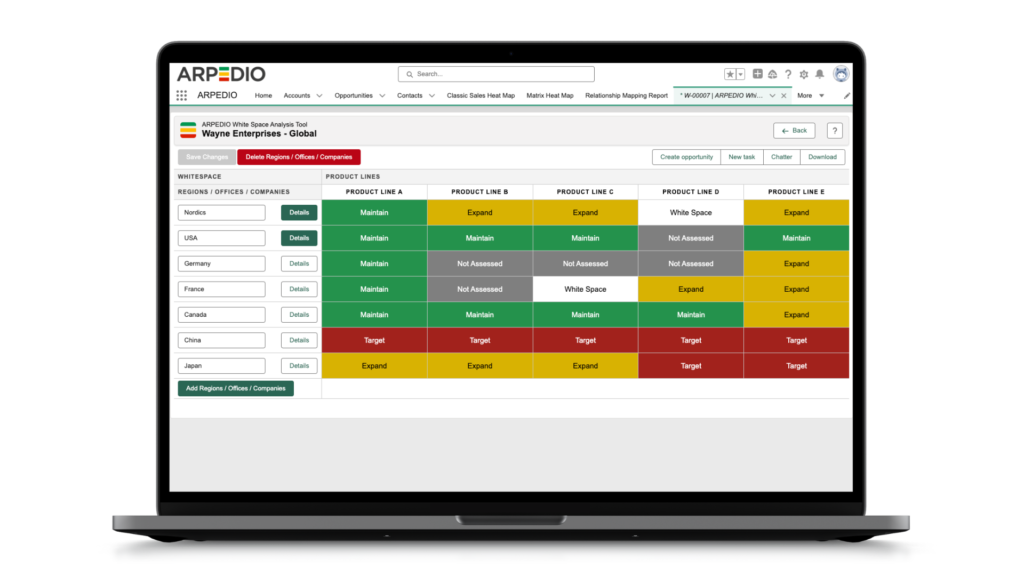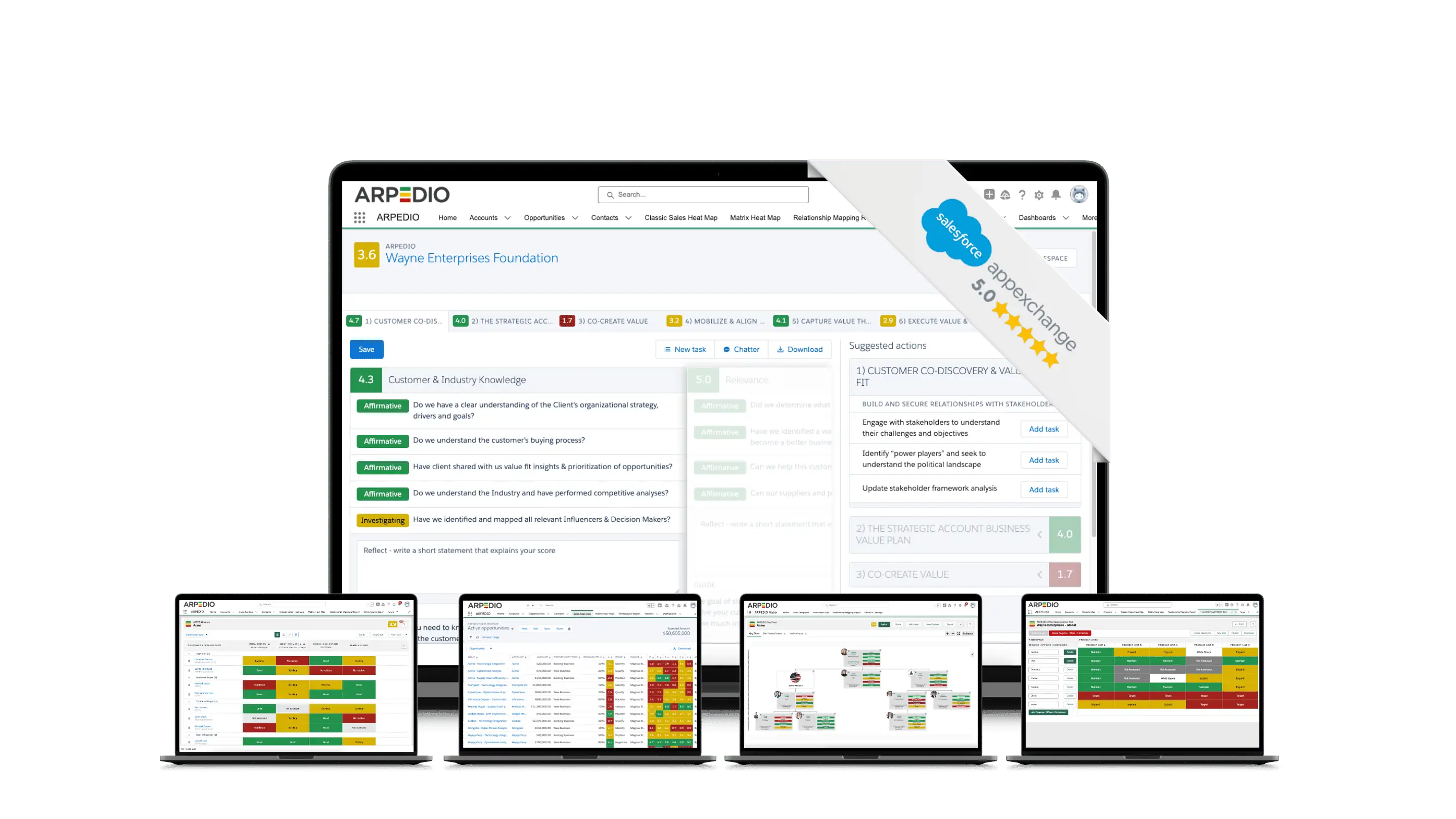As a marketer, you know that MQL (Marketing Qualified Lead) conversion is essential for achieving your goals. Converting MQLs to customers is crucial to boost your marketing return on investment (ROI). However, not all leads are equal, which means you need effective strategies to prioritize and convert the most promising prospects.
In this section, we will provide expert insights on how to maximize the conversion of MQLs. We will discuss effective strategies to boost your MQL conversion rates, allowing you to optimize your marketing efforts for maximum success.
Key Takeaways
- Conversion of MQL is crucial to achieve marketing goals and improve ROI
- Effective strategies are necessary to prioritize and convert the most promising MQLs
- Expert insights are provided to help boost your MQL conversion rates
- Marketing optimization is important for maximum success of MQL conversion
- Successfully converting MQLs can help to improve overall marketing performance
Understanding MQLs and their Importance in Marketing
In today’s highly competitive business environment, generating leads is crucial to fostering growth. And MQLs (Marketing Qualified Leads) are no exception. But before delving into maximizing MQL conversion, it’s essential to understand what MQLs are and why they’re significant to your marketing campaign. Simply put, MQLs are leads that express interest in a product or service through a form or other conversion point, but who have not yet reached the level of qualification required for sales readiness.
Understanding the importance of MQLs can dramatically impact your marketing strategy and overall success. Only targeting leads that have exhibited sufficient interest saves valuable time and resources, minimizing lost effort and improving efficiency. Further, allocating adequate attention to understanding and qualifying leads can drive a higher conversion rate, maximizing the ROI of your marketing campaigns.
Therefore, leveraging MQLs effectively can be the key factor in enhancing your marketing performance. By prioritizing MQL targeting and conversion, your marketing team can generate more leads, and, most importantly, convert those leads into valuable customers.
The Role of MQLs in the Lead Generation Process
MQLs play a crucial role in the lead generation process. Once a lead satisfies the criteria to become an MQL, the primary objective of marketing shifts to fostering engagement, indicating interest in your product or service. With proper lead nurturing, MQLs can be transformed into SQLs (Sales Qualified Leads) and ultimately customers, fueling business growth.
Qualifying MQLs
Qualifying MQLs is a crucial step in the lead generation process, driven by the need to differentiate between leads that are ready to purchase and those who require additional engagement. Qualification criteria can vary between businesses, but the most effective methods prioritize engagement, behavioral indicators, firmographics, and other key factors to identify leads with a higher propensity to purchase. By focusing on qualified leads, businesses can reduce wasted time and resources on leads less likely to convert.
Strategies for Identifying High-Quality MQLs
Identifying high-quality MQLs is a crucial step towards improving your marketing performance and boosting your MQL conversion rates. The following strategies will help you prioritize and target leads that are most likely to convert, enhancing your overall marketing ROI:
Targeted Persona Development
Developing targeted buyer personas can help you identify high-quality MQLs based on their characteristics and behavior. By creating detailed profiles of your ideal customers, you can tailor your marketing efforts to their needs and preferences, attracting leads that are more likely to become MQLs and convert. Consider conducting customer research and analyzing past conversion data to inform your persona development process.
Lead Scoring
Lead scoring is an effective way to define and prioritize high-quality MQLs based on their engagement and qualification. By assigning scores to your leads based on their actions and attributes, you can identify those that meet your criteria for a high-quality MQL and focus your efforts on them. Consider implementing a lead scoring model that aligns with your business goals and incorporates both demographic and behavioral data for a comprehensive approach.
Data Analysis
Data analysis is key to identifying high-quality MQLs and optimizing your marketing efforts. By analyzing various data points, such as website visitor behavior, email engagement, and social media interactions, you can identify patterns and trends that reveal which leads are most likely to convert. Consider using data analysis tools and platforms to streamline the process and gain valuable insights into your MQLs.
Marketing Automation
Marketing automation can help you identify and nurture high-quality MQLs at scale, allowing you to efficiently engage with leads and guide them through the buyer’s journey. By automating repetitive tasks and personalizing messaging based on lead data, you can create a seamless and targeted experience for your MQLs, increasing the chances of conversion. Consider implementing a marketing automation platform that integrates with your CRM and lead scoring system for optimal results.
Nurturing MQLs for Conversion
Effective nurturing techniques are vital for optimizing MQL conversion rates. By crafting targeted and personalized nurturing campaigns, you can engage MQLs throughout their buyer’s journey, increasing the likelihood of conversion. The key to successful nurturing is to assess and address the specific pain points and challenges of individual leads, providing them with relevant solutions and resources.
One effective strategy is to provide MQLs with personalized content based on their stage in the conversion funnel. For instance, leads in the awareness stage may benefit from educational content such as e-books, infographics, and blog posts, while those in the consideration stage may need more detailed content such as case studies and webinars.
It is also crucial to ensure timely and relevant communication with MQLs through various channels such as email, social media, and webinars, keeping them engaged and informed. Personalization can be enhanced using marketing automation tools, enabling you to create triggered and personalized campaigns that align with your MQL’s specific behaviors and needs.
Remember to continuously measure and optimize your nurturing campaigns by tracking key metrics such as open and click-through rates, ensuring that your efforts are aligned with your overall marketing goals. By delivering the right message to the right leads at the right time, you can significantly improve your MQL conversion rates, increasing your marketing ROI.
Best Practices for MQL Nurturing:
- Segment your MQLs based on their characteristics, behaviors, interests, and needs.
- Create targeted and personalized content for each stage of the buyer’s journey.
- Engage MQLs through various communication channels such as email, social media, and webinars.
- Use marketing automation tools to enhance personalization and trigger campaigns based on lead behavior.
- Measure your nurturing campaigns using metrics such as open and click-through rates, and adjust your strategy accordingly.
Leveraging Technology for MQL Conversion
The role of technology in boosting MQL conversion rates cannot be overstated. By leveraging various marketing tools and platforms, you can streamline your processes and enhance the targeting and engagement of MQLs.
One key technology is automation, which can help reduce manual effort and provide personalized, timely messaging to MQLs. Marketing automation platforms like Account Engagement (formerly known as “Pardot”) are popular choices among marketers for automating lead nurturing campaigns. Automation can also assist in lead scoring, which is another important aspect of MQL conversion. By setting up lead scoring rules, you can identify, prioritize, and focus on high-quality MQLs with more potential for conversion.
Another technology worth exploring is analytics. Data-driven insights can help track and analyze MQL behaviors, improve campaign performance, and optimize marketing strategies for better conversion rates.
Key Takeaways:
- Technology plays a vital role in MQL conversion.
- Marketing automation tools can help streamline lead nurturing campaigns.
- Lead scoring rules can help identify high-quality MQLs.
- Analytics tools can provide data-driven insights to optimize marketing strategies.
Optimizing Lead Scoring for MQL Conversion
Lead scoring is a crucial process for identifying MQLs accurately. Effective lead scoring can help you prioritize your leads and focus your sales team’s efforts on the most qualified prospects.
Follow these best practices for optimizing lead scoring:
- Define your ideal customer: Identify the key attributes that define your ideal customer. This can include demographic information, pain points, buying behaviors, etc. These attributes should align with the characteristics of your most successful customers.
- Score your leads: Create a scoring system that reflects the key attributes of your ideal customer. Assign points to each attribute based on their importance and relevance. This will help you identify the leads that are most likely to convert.
- Continuously refine your system: Measure the performance of your lead scoring system regularly and optimize it accordingly. Adjust your scoring criteria to ensure that it identifies the most qualified leads based on historical data.
With a well-optimized lead scoring system in place, you can more effectively identify Marketing Qualified Leads and improve your overall MQL conversion rates.
Continuous Measurement and Optimization of MQL Conversion
Continuous measurement and optimization are key factors in achieving optimum MQL (Marketing Qualified Lead) conversion rates. Tracking and analyzing key metrics enable you to make informed decisions and refine your marketing strategies for maximum results.
By leveraging data-driven insights, you can unlock the full potential of your MQLs and increase your conversion rates. Some key metrics to track for MQL conversion include:
- Conversion rates from MQL to Opportunity
- Opportunity win rates
- Time to conversion
- Marketing-sourced revenue
Regularly monitoring and analyzing these metrics can help you identify areas of weakness and opportunities for improvement. By continuously optimizing your approach, you can enhance the effectiveness of your MQL campaigns and achieve greater marketing success.
Tools for Monitoring and Optimization
A variety of tools are available to help you measure and optimize your MQL conversion rates. This includes marketing automation platforms, CRM systems, and analytics tools.
Marketing automation platforms allow you to automate and optimize your marketing campaigns, while also providing valuable insights into performance metrics. By leveraging these platforms, you can streamline your MQL nurturing process and ensure that your leads receive timely and relevant content.
CRM systems enable you to manage your lead database and track all interactions with your MQLs, providing a complete picture of the customer journey. This helps you identify which interactions are most effective in driving conversions.
Analytics tools enable you to track and analyze your key metrics, providing insights into which campaigns and channels are most effective in generating MQLs and driving conversions.
By leveraging these tools, you can gain a comprehensive understanding of your MQL conversion rates and optimize your marketing strategies for greater success.
Closing the Loop: Sales and Marketing Alignment for MQL Conversion
The successful conversion of MQLs (Marketing Qualified Leads) requires seamless alignment and collaboration between your sales and marketing teams. By fostering effective communication and handoff processes, you can optimize MQL conversion rates and maximize the ROI of your marketing efforts.
According to a recent study by Hubspot, companies with aligned sales and marketing teams see an average of 36% higher customer retention rates and 38% higher sales win rates. This underscores the importance of maintaining a cohesive approach to lead management and conversion.
To achieve sales and marketing alignment, it is crucial to define shared goals and strategies. By aligning your goals, you can ensure visibility and transparency throughout the lead conversion process, allowing for more effective collaboration and communication. Sales and marketing strategies must also be aligned to ensure that lead qualification criteria and nurturing techniques are consistent across both teams.
Furthermore, optimizing the handoff process between sales and marketing can significantly enhance MQL conversion rates. By establishing clear handoff procedures and automating lead routing, you can minimize delays and ensure that qualified leads are prioritized and followed up on promptly.
In summary, to maximize MQL conversion rates, it is essential to foster sales and marketing alignment and collaboration. By defining shared goals, aligning strategies, and optimizing handoff processes, you can close the loop between your sales and marketing efforts and achieve greater success.
Enhancing MQL Conversion Through Personalization and Customer Experience
Personalization and customer experience are essential elements in driving successful MQL (Marketing Qualified Lead) conversion. With the vast amount of data available, it is more critical than ever to tailor your messaging and optimize the customer journey to convert MQLs effectively.
To enhance MQL conversion through personalization, start by segmenting your audience based on their interests, behavior, and stage in the buyer’s journey. Use targeted messaging and relevant content to engage with MQLs and guide them through the funnel.
Providing an exceptional customer experience is equally crucial in converting MQLs. Ensuring a seamless experience across all touchpoints and channels can significantly impact your conversion rates. Use automation to provide personalized responses and ensure timely follow-ups.
Continuously monitor and analyze your customers’ behavior and feedback to optimize their experience. This data-driven approach enables you to refine your marketing strategies and deliver tailored experiences that resonate with your MQLs.
In summary, personalization and customer experience are powerful tools in enhancing MQL conversion rates. By prioritizing these elements, you can engage with your MQLs and guide them towards conversion effectively.
